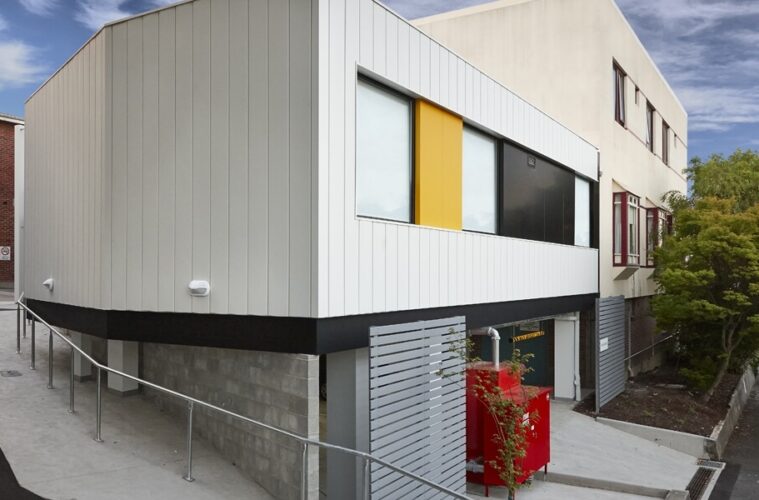When we go to a hospital as patients, the last thing we think about is how the hospital’s assets and available space are being managed. Concerned only for our own health, we usually never consider the likelihood that the hospital might not have an available room or enough resources to accommodate us. It’s only up until recently that hospital capacity was brought into the public’s focus due to the COVID-19 pandemic. But the truth is, most Australian hospitals were already operating at full capacity even prior to the outbreak. But we can’t guarantee that it will still be that way in the future. Australia still has a healthcare capacity problem which needs to be addressed now more than ever.
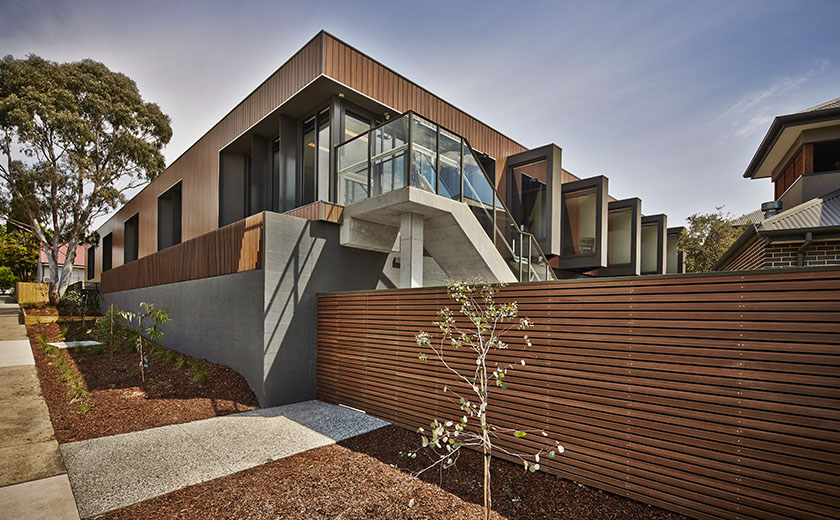
With a rapidly ageing population, a growing number of people with chronic health conditions, a high prevalence of obesity, and geographic distances, there’s a huge burden on the healthcare sector. In fact, in many parts of the country, hospitals discharge patients more quickly than needed and postpone admissions for non-critical procedures in order to avoid overburdening their staff and become short on hospital beds. State governments and private hospitals are aware of this problem which is why they strive to meet the growing surge of patients in a number of ways such as increasing funding training and increasing the number of medical staff and improving healthcare infrastructure.
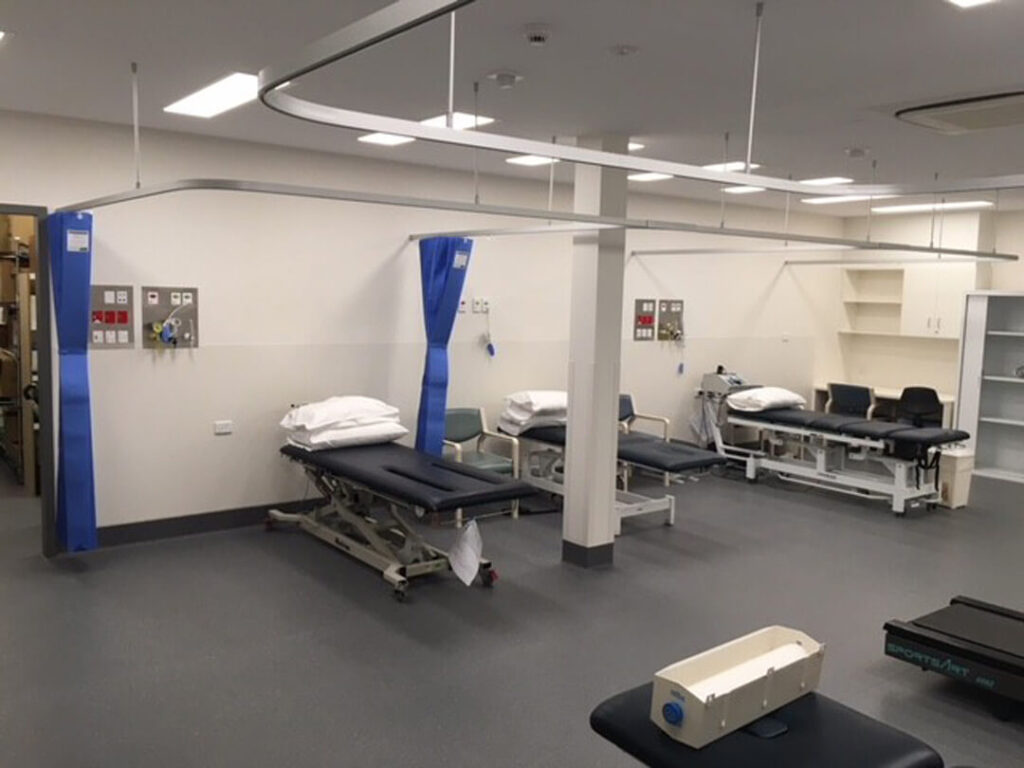
When it comes to improving healthcare infrastructure, building new hospitals and increasing the size of existing ones is obviously vital. But traditional construction takes a lot of time and it also places a further financial burden on the healthcare sector. Considering this, many state governments and private hospitals have begun to incorporate modular construction methods into their projects. Innovative and sustainable modular healthcare construction is found to have a number of advantages over the traditional on-site methods.
Accelerated Construction Time
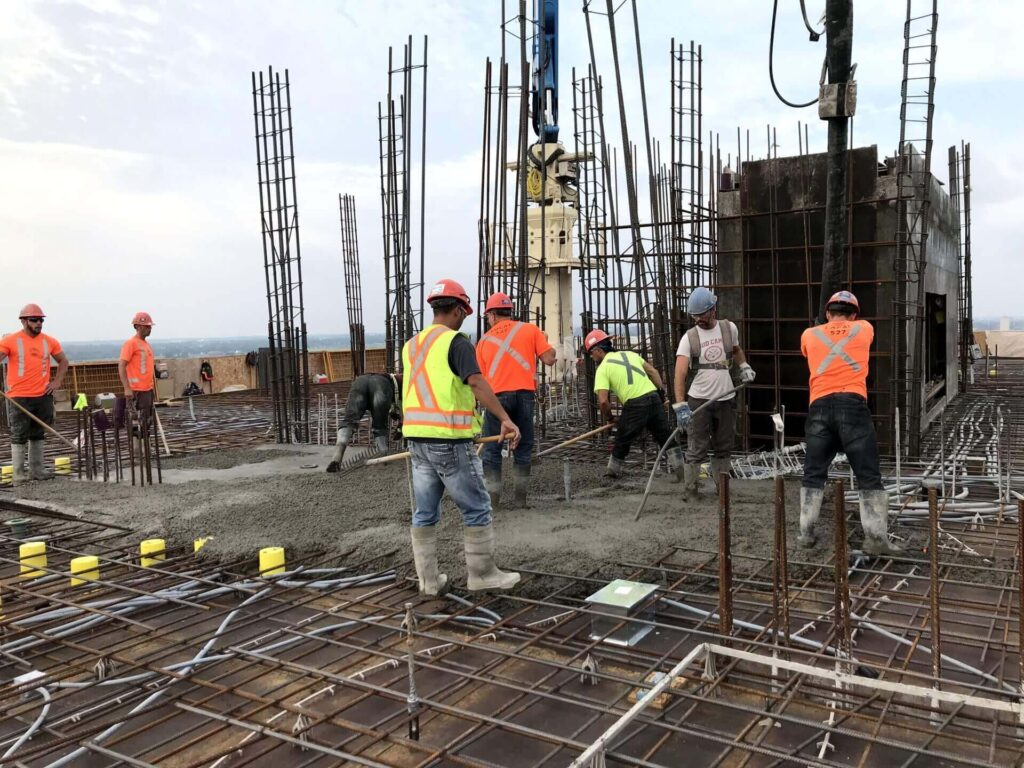
In the healthcare sector, time is always of great essence and the current pandemic has reminded us of how important it is to move fast. When a health system needs to invest in a new building, it is often due to an urgent need to expand capacities. This is why modular healthcare construction is often the most sensible option for expansion. Unlike conventional buildings which can take up to a year or more to be built, modular hospital buildings take twice as less time. This is because modular construction takes place entirely in a climate-controlled factory. As a result, there are no outside factors that can postpone the building process, such as bad weather, road work, theft of materials and similar things. What’s more, while the whole construction takes place away from the site, at the same time the site can be cleaned, prepared and the foundations can be laid.
Great Savings
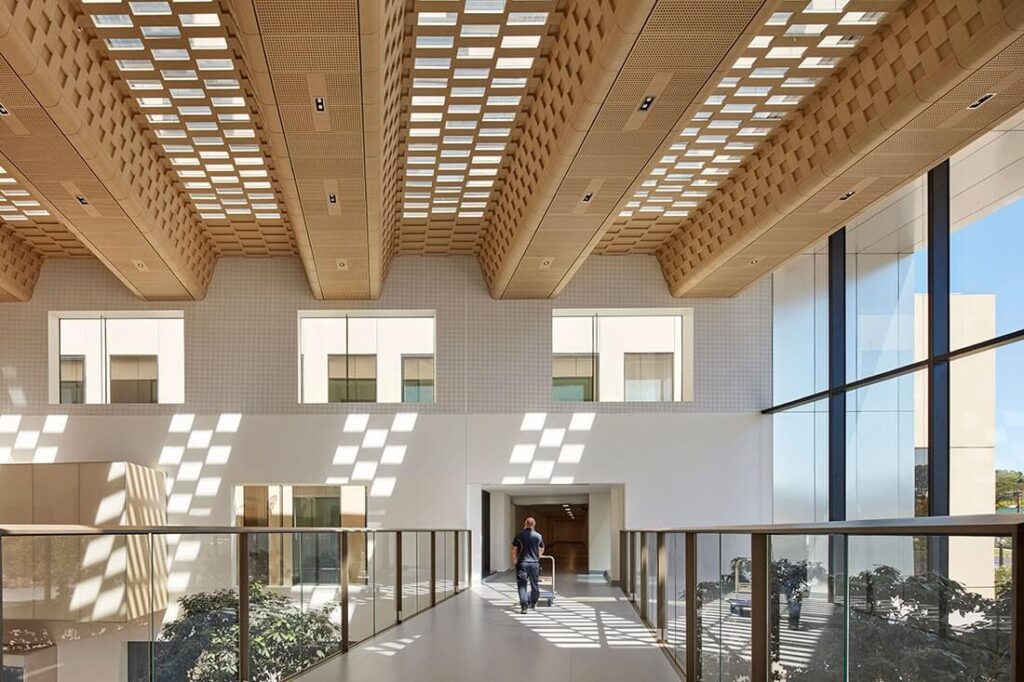
Obviously, most healthcare facilities have only limited finances to work with. That being said, any hospital looking to expand can benefit from a construction method that saves money without sacrificing quality. Modular construction is able to cost less than traditional on-site construction due to several factors. First of all, faster building times directly result in a reduction in the cost of labour and transport. Additionally, since a modular hospital can be built up to twice as fast as a conventional building, it can be put to use much quicker and start to generate a return of investment which can help dampen the financial burden of construction.
Then, there’s also the fact that modular construction generates no waste of materials. The amount of materials needed is precisely planned out prior to the construction taking place. This means there is no unnecessary spending on materials that will end up being unused.
Energy-Efficient
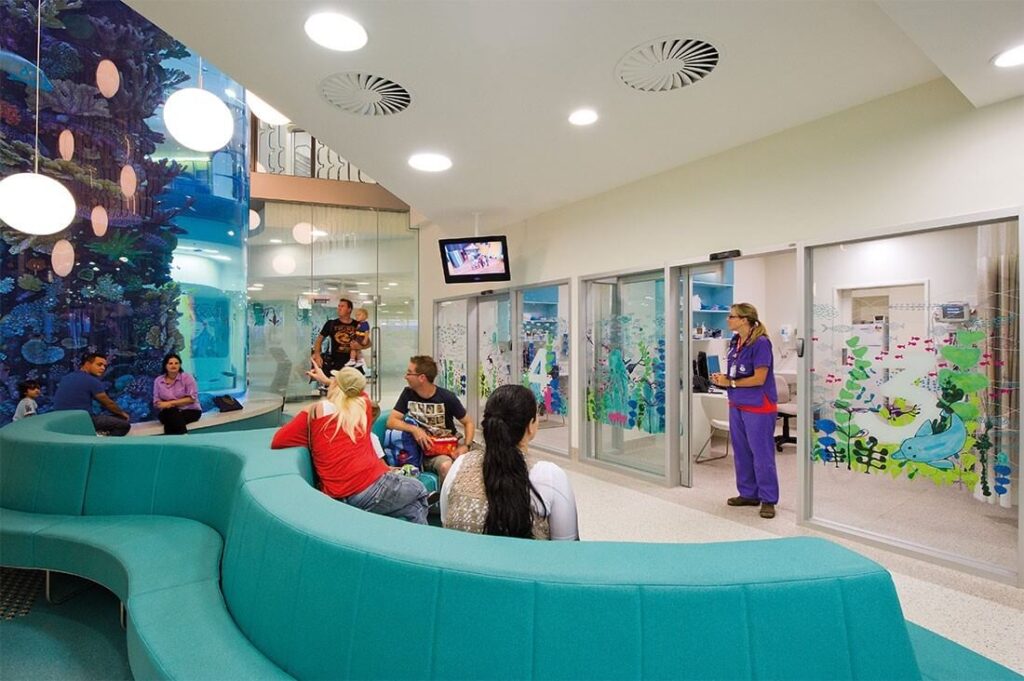
Modular buildings are made of separate units called modules which are “locked” together on site. Every module has its own set of walls, ceiling and floor. And once the different modules are brought together, their parts become double as thick which makes modular buildings more energy-efficient than stick-built ones. Considering how energy costs in Australia increasingly go up, modular healthcare facilities can experience reduced heating and air-conditioning costs and other energy expenses. As a result, hospitals can invest these savings into important factors such as new medical equipment or educating staff.
Resilience to Extreme Weather Events
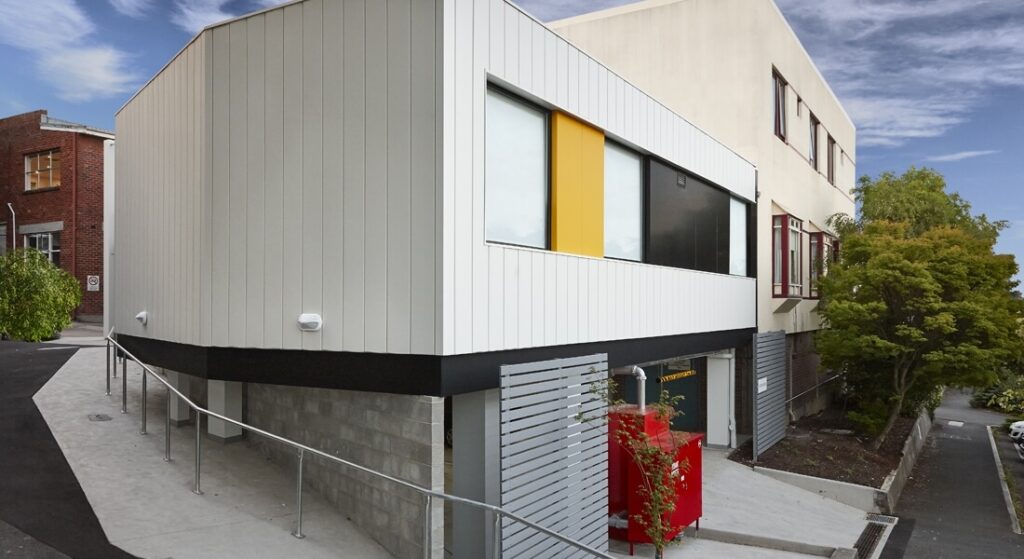
Extreme weather events, pose a great risk for hospital infrastructure and the well-being of patients and medical staff. Many hospitals in Australia have experienced damage from severe cyclones, storms and flooding events. And when there’s a severe weather event that ravages through a community, the last thing you want is for local hospitals to be destroyed or inaccessible. That being said, while modular buildings are often confused with mobile buildings, one might think that modular healthcare construction can’t withstand extreme weather.
However, modular construction today has nothing to do with the prefab construction methods of the past. The separate modules of the building are all made up of steel frames. The rigidity and strength of the steel frame modules not only allows them to be safely transported across the country, but it also means that once the building is installed, it is likely to stay firmly in place no matter what the weather throws at it. Plus, many modular construction companies sandblast and coat the steel frames in a non-corrosive paint to create an additional protective barrier. Additionally, if the hospital is located in a cyclone-prone area, there’s the option to use specific flashings, nails and roofing materials to make the modules cyclone-proof.

